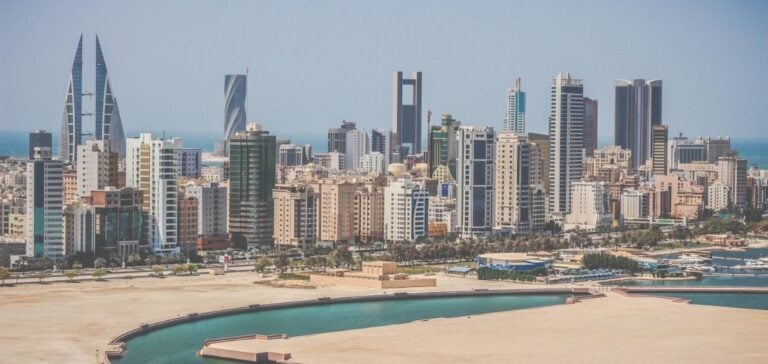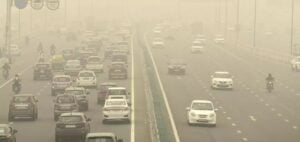Bahrain recorded the highest electricity consumption “in its history” with record heat of 46 degrees Celsius expected on Friday, according to the authorities.
Bahrain’s electricity consumption hits an all-time high in the middle of a heat wave
The Gulf region, already one of the hottest in the world, is not immune to the global heatwave, which experts believe is partly linked to climate change. Bahrain, with its 1.5 million inhabitants, suffers from particularly high temperatures and humidity.
“Bahrain recorded the highest electricity consumption in its history on August 3, at 3,798 megawatts,” announced the Electricity and Water Authority (EWA) on Thursday evening.
In 2022, consumption had reached 3,708 megawatts by August 18, she said in a statement. EWA urged all its subscribers to follow “electricity and water rationalization methods to preserve national resources and ensure the sustainability of its services”. On Thursday, maximum temperatures reached 45°C and 85% humidity, according to the meteorological authorities. They forecast highs of 46°C and 75% humidity on Friday.
Bubbling climate: the Gulf States’ air-conditioning frenzy ahead of COP28
Like other Gulf countries, Bahrain suffers from particularly sweltering summers, relying heavily on air conditioning in its glass towers and 4X4s. In addition to its geographical location, the region is also suffering the consequences of global warming, according to experts. They estimate that some areas could even become unliveable during summer heat peaks.
The Gulf States, in particular Saudi Arabia, the United Arab Emirates, Qatar and Kuwait, are major exporters of oil and/or gas, industries that contribute significantly to global warming. These wealthy countries are among the world’s largest per capita CO2 emitters, but have recently begun to invest in renewable energies. The UN climate conference, COP28, will be held at the end of November in Dubai, United Arab Emirates.





















